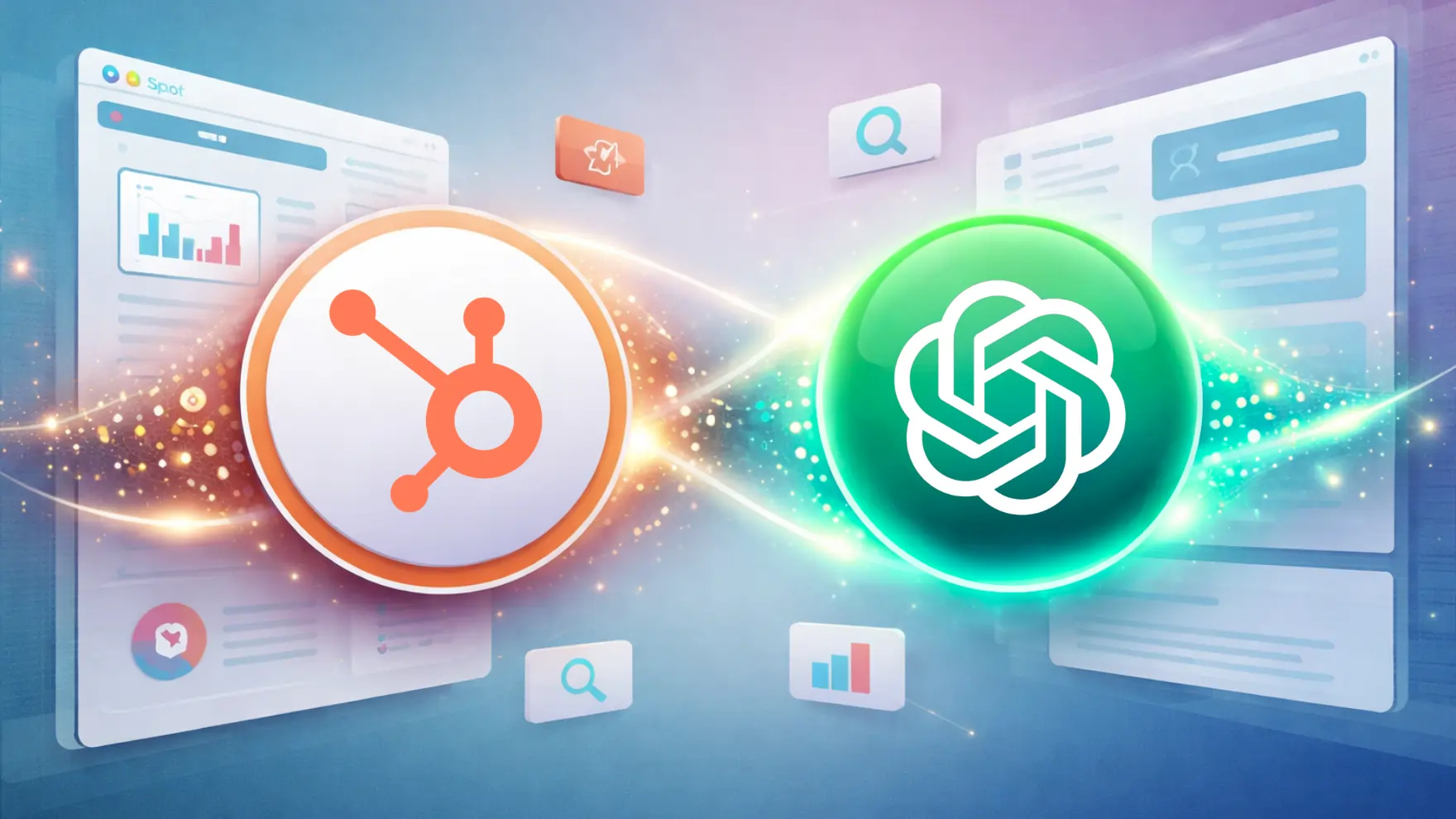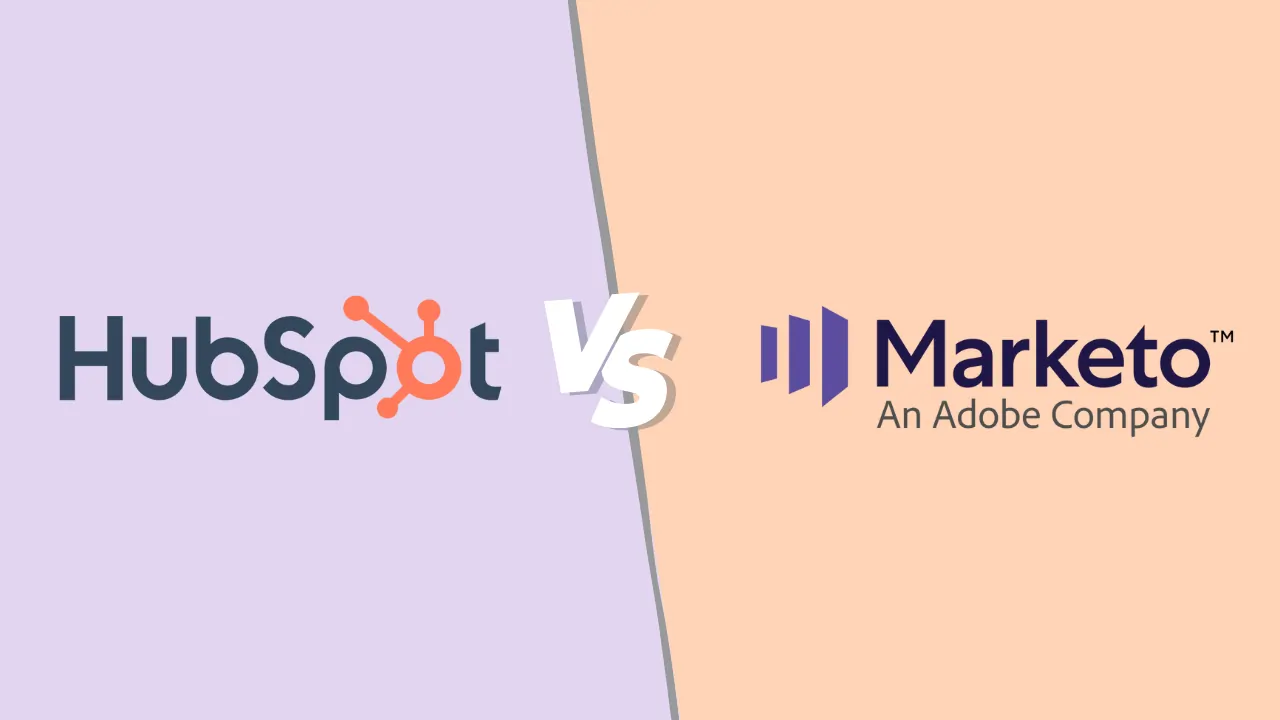What Is Tax Accounting?

Tax accounting is crucial for maintaining healthy finances, especially for businesses. If your tax affairs are in disarray, your overall financial situation is likely to suffer as well. Here’s more concrete information on what tax accounting is, and how tax accounting software can simplify the process of filing your taxes accurately.
What Is Tax Accounting?
Tax accounting is simply accounting for taxes. It involves using accounting principles and methods for determining taxes owed to the government (federal, state, or local). It’s governed by the rules provided by the relevant government agency, for instance, the US Internal Revenue Service (IRS). Tax accounting differs from financial accounting, which deals with the preparation of financial statements. While tax accounting may only focus on taxable transactions, financial accounting typically encompasses all transactions.
Top Accounting Software
QuickBooks: Special Sale: 50% OFF for 3 months
NetSuite: Financial management solution
FreshBooks: 30-day FREE trial with no credit card
Types of Tax Accounting
Tax accounting can be divided into three distinct types:
Tax Accounting for Individuals
Tax accounting for individuals focuses on personal income tax and capital gains or losses. It may also account for any qualifying deductions. Tax accounting is relatively more straightforward for individuals as it’s based on their tax burden, which is typically income for most people. Because it’s simpler, you can do your own tax accounting as an individual and aren’t required to have an accountant. However, having a dedicated accountant or accounting software for taxes can save time.
Tax Accounting for Businesses
Tax accounting for businesses is slightly different from that for individuals. While companies, like individuals, must analyze earnings and assets, they must also account for any outgoing funds. These can be business expenses or funds for shareholders (dividends). Tax accounting is often part of businesses’ overall accounting operations. Although businesses are not required to have an accountant, most companies have an in-house accountant or outsource the services to tax professionals.
Tax Accounting for Tax-Exempt Entities
Some organizations, for example, non-profits, are exempt from paying taxes. However, they still need to do tax accounting. In other words, these organizations need to file tax returns, providing information about the funds and donations they’ve received, and what they’ve been used for.
The Importance of Tax Accounting
Although tax accounting differs from financial accounting, it’s an important component of financial management. Whether you’re a contractor filing as an individual or a business, tax accounting offers several benefits.

Compliance
The main reason why tax accounting is important is that it’s a legal requirement. All entities are obligated to pay taxes according to the applicable rules, and tax accounting is the only means by which the amount owed can be determined. Not paying taxes or paying less than what’s owed can result in legal ramifications for you and your business.
Tax Reduction
Efficient tax accounting, which takes into account all relevant information, can help you avoid being overtaxed. Moreover, you can use strategies to minimize your tax liabilities. For example, certain activities or investments may qualify for tax credits. Like, if your business utilizes renewable energy, you may be eligible for clean energy credits. The money you save from taxes can be diverted toward other financial goals or expenses.
Expense and Revenue Management
Tax accounting also allows businesses to prepare for taxes in advance and allocate expenses accordingly. They can foresee their expenditure, revenue, and profit.
How Can Tax Accounting Be Done
Depending on the size and complexity of your finances, you can perform personal or business tax accounting in several ways.
Utilizing Tax Accounting Software
Tax software is the most common solution for tax accounting. Tax preparation software, typically paid, simplifies the process by compiling information provided by users in real-time. More importantly, good accounting software ensures accurate calculations and assists in compliance with tax rules and regulations.
It may even help you save money through tax optimization, leveraging tax deductions and credits. Not all solutions are the same, so choose the one that best suits your taxation needs.
DIY (Do-It-Yourself) Tax Preparation
Another option is handling tax accounting on your own using basic, free tax software. This approach is more economical and offers more control. While DIY tax accounting is cost-effective, it’s prone to errors and may not be suitable for businesses. You may miss out on opportunities for tax deductions. it may be time-consuming and require learning about the tax code.
Outsourcing to Tax Professionals
The third way is hiring tax professionals. These are tax accounting experts who use specialized tax software to prepare and optimize your taxes. They’re highly knowledgeable, reducing the likelihood of errors. More importantly, tax experts understand the tax code and can identify opportunities for tax reductions.
That said, outsourcing tax accounting is costlier than both previously mentioned approaches. It also involves increased reliance on a third party for a crucial task such as taxes. Granting them access to your financial data also carries inherent risks.
The Best Tax Accountant Software
Here are some of the best tax accounting software solutions:

QuickBooks
QuickBooks is among the most popular accounting solutions, particularly for small businesses. It’s an easy-to-use platform that makes financial accounting and tax preparation seamless. It’s highly customizable, with hundreds of add-ons available.
With QuickBooks, businesses can track all transactions going in and out, so everything is accounted for when it’s time to prepare your taxes. It can also categorize your expenses by tax category. All bank and credit card transactions are automatically synced with the software.
Key Features
- Auto income and expense tracking
- Tax-based expense categories (for example, GST)
- TurboTax integration
- Detailed reports
Pricing
Quickbooks offers a 30-day free trial, and its plans start at $15 per month for the first three months.
NetSuite
NetSuite by Oracle offers various business management solutions for large enterprises, including tax management software. This software can automate tax calculations for businesses worldwide, making it ideal for multinational companies that are required to pay taxes in different countries. For instance, it can automatically validate VAT registration in Europe and calculate correct taxes for goods sold or bought.
Key Features
- Real-time tax rates from 110 countries
- Automated VAT/GST calculation
- Audit reports
- Automated summaries of spending
- SuiteTax API to connect with tax service providers
- Integration with other NetSuite products
Pricing
The software is available for an annual licensing fee, which varies depending on the modules you choose and the number of users.
FreshBooks
FreshBooks is tax-ready accounting and bookkeeping software made for small businesses. It offers accounting tools and detailed cash flow, revenue, and profit reports. The software allows tax accountants full access to the reports to prepare for tax filing.
While it doesn’t offer tax form preparation, its detailed financial accounting makes tax calculation easy.
Key Features
- Double-entry accounting tools
- Accountant access
- Tax-related metrics (for example, sales tax tracking)
- Automated bank reconciliation
Pricing
FreshBooks plans are some of the most affordable, with entry-level plans starting at a discounted rate of $5.70. However, most useful features are accessible with Plus or higher plans. There’s a 30-day free trial and a 30-day money-back guarantee when you sign up.
Conclusion
Tax accounting is essential for maintaining healthy finances, whether you’re an individual or a business. It ensures compliance with tax obligations and prevents financial disarray. Tax software simplifies the process, making it easier to file taxes accurately and avoid overpayment. That said, choosing the right tax accounting solution tailored to your needs is imperative for effective tax management.
FAQ
Q: What is the tax accounting process?
A: The tax accounting process involves recording, analyzing, and reporting financial transactions, assets, and deductions to calculate taxable income.
Q: What are the different types of accounting?
A: The different types of accounting include financial accounting, managerial accounting, and tax accounting.
Financial accounting focuses on reporting financial information to internal and external stakeholders. Managerial accounting helps internal decision-makers. Tax accounting specifically deals with tax-related matters and assists with tax preparation.
Q: What are the two methods of tax accounting?
A: The two methods of tax accounting are cash and accrual. The cash method records income and expenses when they are received or paid. However, in the accrual method, income and expenses are recorded when earned or incurred, regardless of when the cash changes hands.




